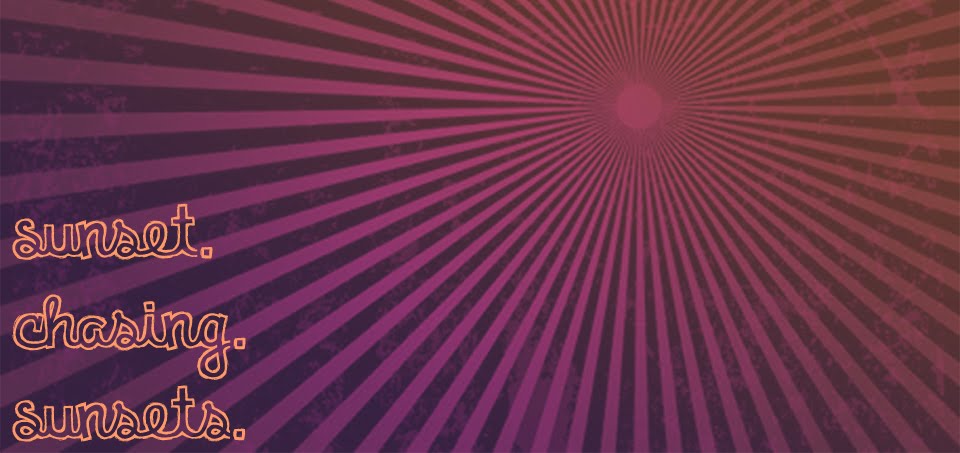I recently read Segu, Maryse Condé's African historical epic that follows the Traore family for three generations as they cope with the arrival of Islam, the slave trade and the dawn of colonialism. Despite the novel's litany of tragedies, I still found myself refreshed by how Condé was able to recreate Africa as it once was: teeming with life, in all of its beauty, violence, creativity and destruction. She held sacred that which we now dismiss as primitive or superstitious. She turned her spotlight on the social structures, politics and private battles of a people that history has tried to forget.
This time in history--in which Africans lost a most sacred bond--is rarely portrayed this honestly. Africa was under pressure, and when you examine this period of history closely, it's easy to understand that Africa, and people of African descent have a form of Post-Traumatic Stress Disorder. (I don't say that to make excuses. We got work to do. But I digress.)
Religion, slavery, and colonialism all exploded in Africa simultaneously. Greed, the great motivator, ensured that they spread quickly and effectively. Europeans wanted human capital and were eyeing the land; Africans were in a cycle of conquering and enslaving one another; Islam was spreading further and further into the interior, brought by rulers in search of search of power and conquest; everyone was out to get their piece of Mother Africa.
 |
| Maryse Condé |
Yet greed alone didn't rule Segu. Condé never loses the humanity of the characters. We bear witness to their interior lives, as they struggle to come to grips with a world changing more rapidly and more permanently than they can imagine. Condé not only recreates Africa as it once was, she recreates us as we once were. We were mighty, and prideful, and patriarchal, and welcoming, and community-oriented, and violent, and extremely spiritual, and connected to the Earth in a way that we have forgotten. Reading Segu reminded me of that lost identity. It reminded me that the truth of it is a tough pill to swallow, but knowing it helps to heal the wounds of being severed from my geographical memory.


No comments:
Post a Comment